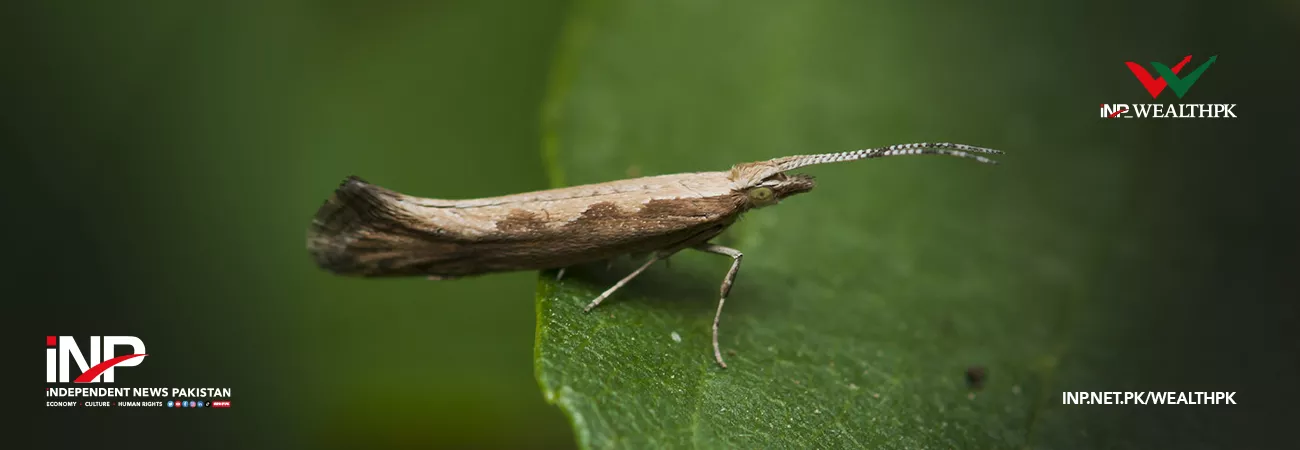INP-WealthPk
Arooj Zulfiqar
Crop pests are a serious challenge to farmers in Pakistan, which reduce yields and lower income. However, this problem can be effectively tackled through biological means which protect both the human health and environment.Talking to WealthPK, Muhammad Bilal Ashraf Khan, Scientific Officer at the National Agricultural Research Centre (NARC), said, “Biological control involves using natural predators, parasites, and pathogens to control pest populations. This method is environment-friendly and sustainable, as it avoids the use of harmful chemicals that can have negative impacts on the human health and environment.”
‘’Here in Pakistan, the use of biological control has been increasing in recent years, with a growing number of farmers adopting this approach. It has been successfully used to control pests in a variety of crops, including cotton, rice, and sugarcane.” “One example of successful biological control in Pakistan is the use of parasitic wasp Trichogramma Chilonis to control the pink bollworm in cotton. The pink bollworm is a major pest that causes significant damage to the cotton crops. However, Trichogramma has successfully reduced the pink bollworm populations leading to higher yields and increased profits for the farmers,” said Bilal.
‘’The use of biological control in Pakistan has proven to be an effective and sustainable solution to the problem of crop pests. It offers a number of benefits over traditional chemical pesticides, including lower costs, reduced environmental impact, and improved health and safety for farmers and consumers,” the NARC scientific officer added.
However, he said, there are still challenges that need to be addressed to further promote the use of biological control. One challenge is the lack of awareness and education among farmers about the benefits of biological control and how to implement it effectively. Another challenge is the lack of availability of biological control agents in some areas of the country.
To address these challenges, the NARC scientific officer said, the government and other stakeholders need to invest in education and outreach programs to promote the use of biological control and provide training and support to farmers. They also need to invest in research and development to identify and develop new biological control agents that are effective against a wide range of pests and can be easily produced and distributed.
Credit: Independent News Pakistan-WealthPk













